Scott Kelly, Retired NASA Astronaut and International Space Station Commander
NASA Astronaut Scott Kelly set a record by spending almost a full year (340 days) in space in 2015-2016. Scott Kelly’s identical twin brother, Mark Kelly, is also a retired astronaut. On April 12, 2019, NASA reported medical results from the Astronaut Twin Study, where Scott spent a year in space on the ISS, while Mark spent the year on Earth. The Study demonstrated several long-lasting changes, including those related to alterations in DNA and cognition!
Scott Kelly says:
‘When you are living and working in the same place for days on end, work can have a way of taking over everything if you let it.’
KZ: Don’t take things too seriously! If you’re learning a new skill, completing homework or trying to beat a record in a game, make sure it isn’t all you think about. Mix it up!
‘Take time for fun activities: I met up with crewmates for movie nights, complete with snacks.’
KZ: Think of your family as your crewmates! You’re all in this together, so it makes sense.
‘Take it from someone who couldn’t: go outside!’
KZ: If you’re able to go into a back yard, front yard or balcony with a parent or guardian’s permission, then enjoy that fresh air!
‘Some people are surprised to learn I brought books with me to space. The quiet and absorption you can find in a physical book – one that doesn’t ping you with notifications or tempt you to open a new tab – is priceless’
KZ: We totally agree with Scott Kelly – reading is the best! We hope he was able to take a few K-Zone mags with him – he could have pulled so many pranks on the other astronauts.
‘I’ve found that most problems aren’t rocket science, but when they are rocket science, you should ask a rocket scientist.’
KZ: If you need expert advice, go to the right expert! So, if you're looking for the experts in gaming, pranks, activities, jokes, movies, and more, you're already in the right place!
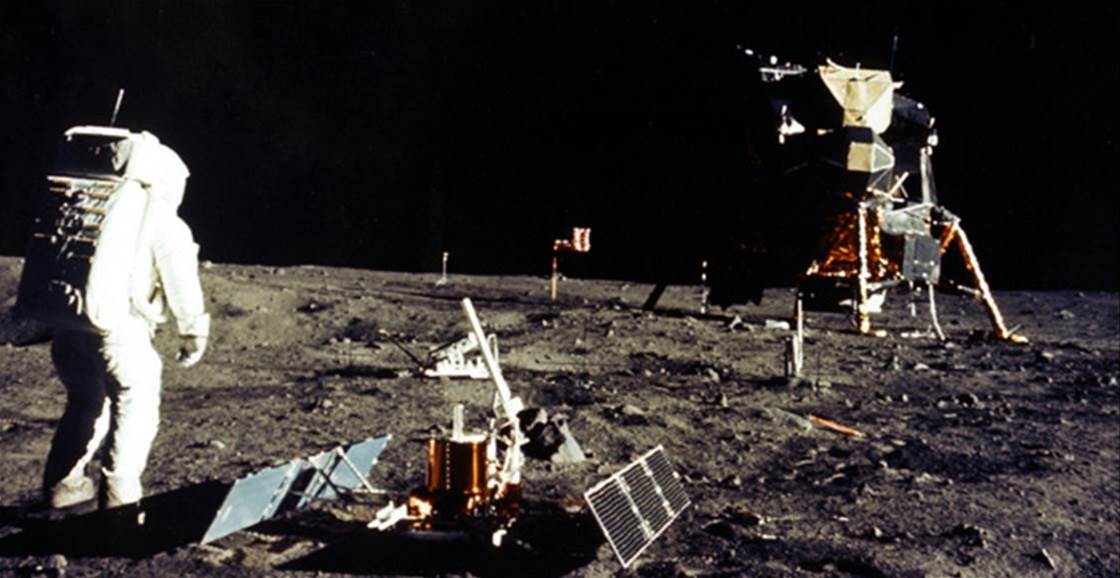
DID YOU KNOW?
Astronauts had to quarantine after returning from the moon! When the Apollo 11 crew returned to Earth days after the July 20, 1969 Moon landing, they were immediately placed in a Mobile Quarantine Facility. The crew stayed in the Facility for 21 days of isolation, to prevent the spread of any germs they may have encountered while walking on the Moon.
Peggy Whitson, Retired NASA Chief Astronaut and International Space Station Commander
Peggy Whitson’s first space mission was in 2002, with an extended stay aboard the ISS as a member of Expedition 5. Peggy’s second mission launched in October 2007, as the first female commander of the ISS with Expedition 16. She was on her third long-duration space flight as commander of the ISS for Expedition 51, before handing over command in June 2017. Peggy Whitson has broken many records, accrued a total of 665 days in space over her career, and is considered one of the most successful astronauts in American history.
Peggy Whitson says:
‘It is important to have a little fun too! Thanks to Euro-French spacecraft pilot Thomas Pesquet and NASA Astronaut Shane Kimbrough, we made some of our own fun’
KZ: The talented trio asked the mission controls around the world to pick their favourite superhero, and then the three astronauts dressed up as Superman, Batman and Captain America!
‘It’s very important to be able to interact well with the people you’re living with. It’s like what we did on board the ISS. Our space station crew became our family in orbit... You don’t get to pick your crew; you’re just going to be up there and have to make the best of the situation. Also, our lives depend on each other, so it is important.’
‘What are the things you would do if you had more time? Is it to read, to write poetry, to do art – what has been in the back of your head that you’ve always wanted to try but haven’t had time?’
KZ: What are you trying to do, complete or learn at the moment? Let us know in the comments below!
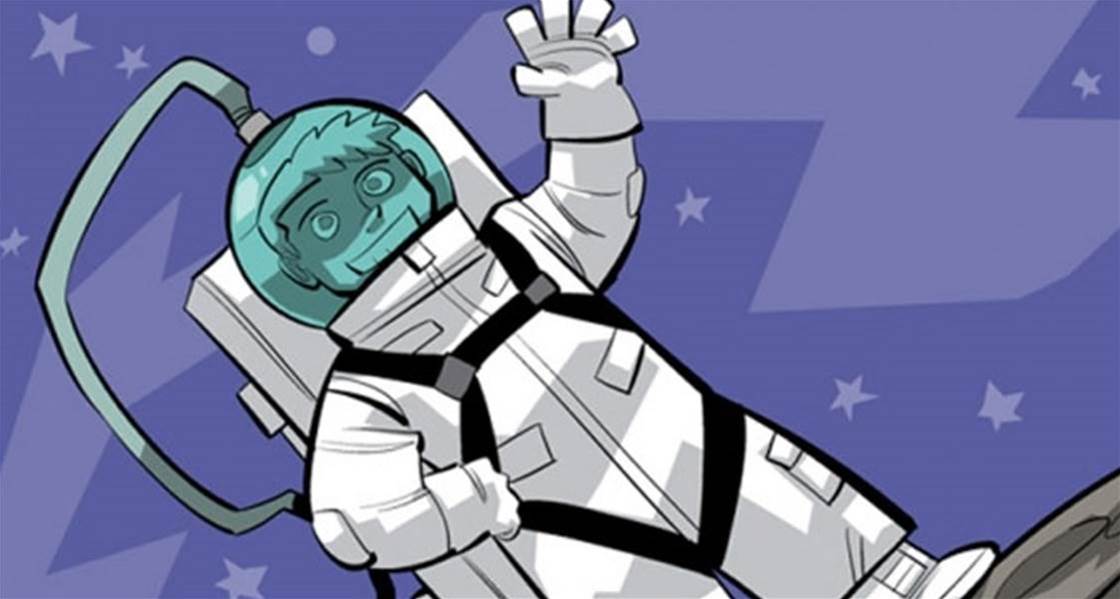
Over 20 years of living and working on the International Space Station wasn’t successful by accident – NASA astronaut Peggy Whitson and psychologist Dr Al Holland examined which human behaviours work when living and working distantly in small groups. These were narrowed down to five general skills, and the team defined the behaviour connected to each skill. Now, astronauts call them ‘Expeditionary Behaviours’!
Skill 1: Communication - Share information and feelings freely.
Skill 2: Leadership/Followership - Accept responsibility, lead by example, talk when something isn't right, ask questions, and offer solutions rather than problems.
Skill 3: Self-Care - Realistically assess your own strengths and weaknesses, and their influence on the group. Take action to ease stress or negativity – don’t pass it on to the group. Learn from mistakes, be social, seek feedback, balance work, rest and personal time. Be organised!
Skill 4: Team Care - Demonstrate patience and respect. Encourage others, volunteer for unpleasant tasks, offer and accept help, share the credit, take the blame. Monitor team for signs of stress or exhaustion.
Skill 5: Group Living - Cooperate, rather than compete. Respect roles, responsibilities and workload. Take accountability, give praise freely. Keep calm in conflict.







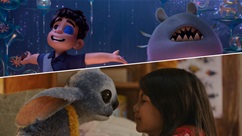
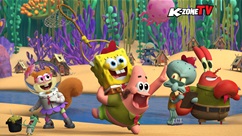
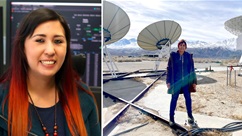
Comment Now!